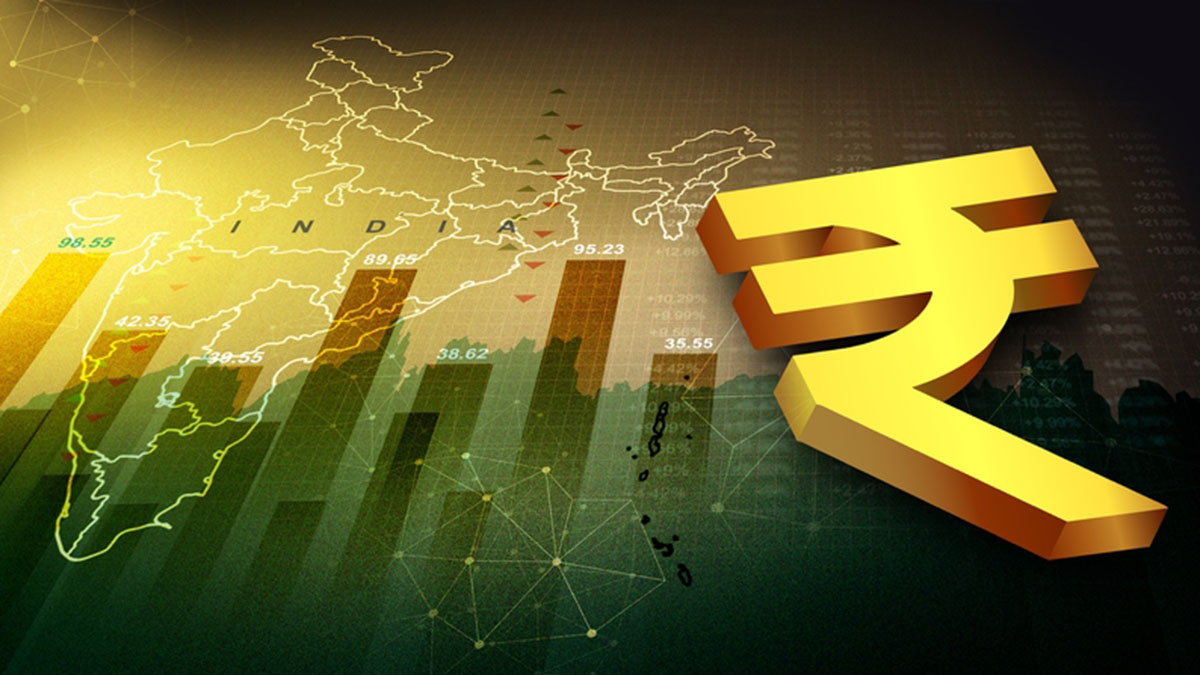The Indian options market has witnessed significant growth in recent years. With increasing participation from retail investors and the advent of advanced trading technologies, options trading has become a popular investment avenue. However, this surge in activity raises concerns about the potential economic impact, particularly when good money is directed towards speculative profits.
Rising popularity of options trading
Options trading has become increasingly accessible to a broad audience due to technological advancements and the proliferation of online trading platforms. Retail investors, who once had limited access to complex financial instruments, can now trade options with ease. This democratisation of trading has led to a surge in market participation, with more people looking to capitalise on short-term price movements.
Key drivers of growth
Technological advancements: The rise of smartphone applications and online trading platforms has made options trading more accessible than ever before.
Financial literacy: Increasing awareness and education about financial markets have encouraged more individuals to explore options trading.
Attractive returns: The potential for high returns in a short period makes options trading appealing to many investors.
Economic impact of increased options trading
While the growing interest in options trading signifies a more engaged and informed investor base, it also brings potential economic challenges. The shift towards speculative trading can have adverse effects on the broader economy.
Speculative profits and economic instability
Options trading often involves significant speculation, with investors betting on price movements rather than investing in the underlying assets. This speculative nature can lead to:
Market volatility: High levels of speculation can increase market volatility, leading to unpredictable price swings. This instability can deter long-term investors and affect overall market confidence.
Misallocation of resources: When substantial capital is diverted towards speculative activities, it can lead to a misallocation of resources. Instead of being invested in productive sectors that contribute to economic growth, money is channelled into short-term, high-risk trades.
Risk of financial bubbles: Excessive speculation can create financial bubbles, where asset prices become detached from their intrinsic value. These bubbles can burst, causing significant economic disruptions.
Role of regulators
Regulatory bodies play a crucial role in maintaining market stability and protecting investors. In response to the growing options market, Indian regulators have implemented several measures to curb excessive speculation and ensure market integrity.
Regulatory measures
Margin requirements: Regulators have increased margin requirements for options trading, making it more expensive for investors to engage in highly speculative trades.
Position limits: Imposing limits on the number of contracts an investor can hold helps prevent market manipulation and excessive speculation.
Investor education: Initiatives to enhance investor education aim to promote informed decision-making and discourage reckless trading behaviours.
In conclusion the current trends in the Indian options market highlight both opportunities and challenges. While increased participation and technological advancements have democratised trading, the shift towards speculative profits poses significant economic risks. Good money chasing speculative profits can lead to market volatility, resource misallocation, and financial bubbles, ultimately harming the economy.
It is essential for investors to balance their pursuit of profits with a consideration of long-term economic stability. Regulators must continue to implement measures that mitigate the risks of excessive speculation while promoting a healthy, robust financial market. By fostering a more stable and productive investment environment, the Indian options market can contribute positively to the economy rather than detract from it.
Impact Shorts
More ShortsThe author is CEO, Kai Securities. Views expressed in the above piece are personal and solely those of the author. They do not necessarily reflect Firstpost’s views.


)

)
)
)
)
)
)
)
)



